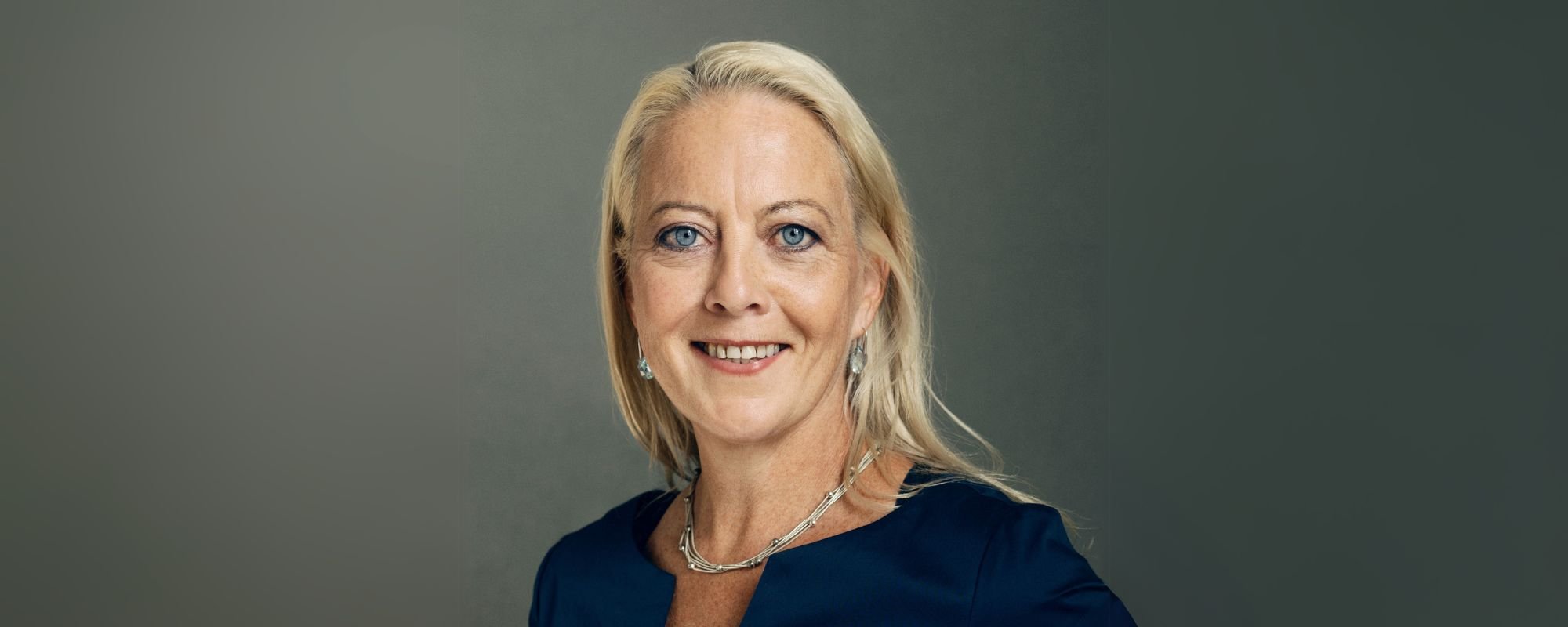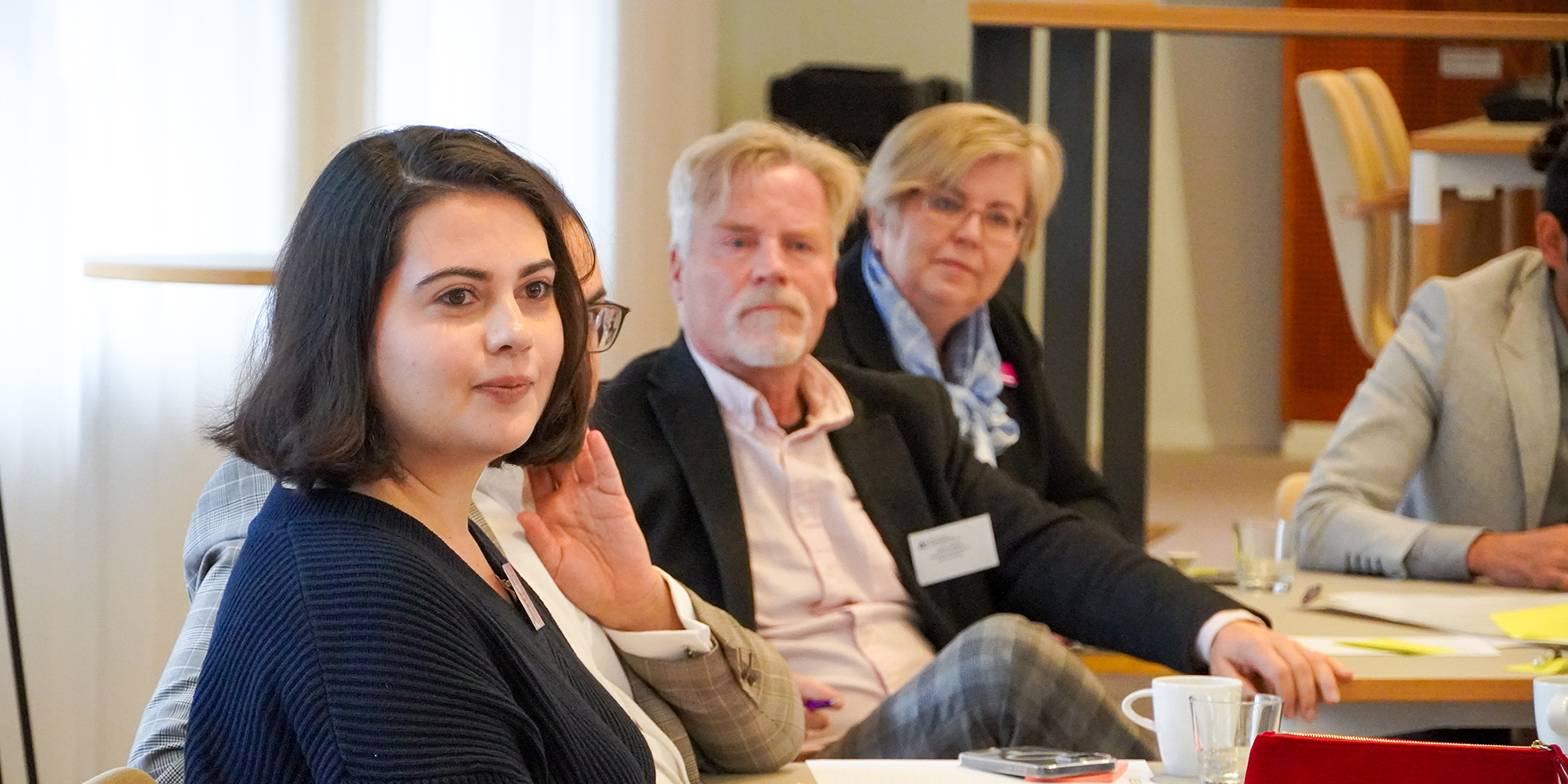The cost of corruption can be astronomical. The Volkswagen emissions scandal, also known as Dieselgate or Emissionsgate, provoked a financial damage of more than 40 billion US dollars thus far. The bribery scandal of Siemens resulted with it paying more than 1.6 billion dollars in fines back in 2008. Telia ended up agreeing to fines amounting to almost 1 billion dollars for its involvement in Uzbek corruption.
Guido Palazzo affirms that these scandals – and many more – have something in common: strong organizational contexts that pushed people towards unethical decisions. In essence, ethical blindness.
Ethical blindness is a complex phenomenon, but fundamentally, it is a decision maker’s temporary inability to see the ethical dimension of a decision at stake.
Values play no role in powerful context
Palazzo explains that there are two ways at looking at unethical behavior. One is to assume it is a question of character and attribute unethical decisions to traits such as greediness. Another way of looking at unethical behavior is focusing on context.
The values of a person play no role when the context is very powerful."
“This standpoint assumes that you can take any average person, with average values, and if you put them into a context of high pressure, they will eventually do bad things,” Palazzo says.
Palazzo’s research has led him to take the latter stance.
“The values of a person play no role when the context is very powerful,” Palazzo proclaims.
He uses Wells Fargo's fake-account scandal as an example.
“Wells Fargo ended up firing well over 5000 salespeople for fraud. When you examine the salespeople’s testimonials from the US Congress hearing, it is apparent that they were not 5000+ criminals. They were thousands of employees who were under such pressure – and in so much fear – that they saw no other option than to commit fraud to achieve their daily goals at work,” Palazzo describes.
Take time for ethics before it’s too late
Palazzo is Professor of Business Ethics at the Business School of the University of Lausanne. He first coined the term ethical blindness over a decade ago. At the time, he was training managers and found that many were under huge pressure to bribe.
It seems only leaders who have paid a billion in fines suddenly find time and are sensitive to the issue of ethics. "
“They knew it was wrong, but they somehow felt obliged by their organization, their incentive system, or by their leaders, to go in that direction. At that point I realized that we make a big mistake if we believe that bad things are only done by bad people,” Palazzo remarks.
“Normally, when you look at scandals, you see good people – or at least normal people with average values and good intentions – being involved. This triggered my interest to better understand what makes good people do bad things. And that’s how the area of ethical blindness emerged,” Palazzo says.
Palazzo points out that people may behave unethically without being aware of it. They might even think that they are doing the right thing, and only realize the unethical dimension of their decision afterwards.
Palazzo typically only works with companies that have had huge scandals. The reason is simple: most leaders of companies untarnished by scandal have little or no time for ethics.
“It seems only leaders who have paid a billion in fines suddenly find time and are sensitive to the issue of ethics. This is foolish to the point of stupidity. When the stakes are this high, every leader should proactively strive to avoid risks,” Palazzo underlines.
Ethical blindness is a leadership issue
Palazzo confirms that a similar pattern can be seen in every corporate scandal he has analyzed.
“It is always the same story: top down created corporate cultures that are broken. Cultures that steer people to do wrong things. It has nothing to do with everybody involved being criminals – it is about leaders not thinking carefully about their style of leadership,” he states.
“We all normally overestimate our own protection. We think it would never happen to me,” he continues.
Palazzo names three central things that leaders can do to safeguard against ethical blindness: 1) set the right tone from the top, 2) foster a speak-up culture and 3) ensure employees are attuned to ethical dimensions of their work.
“In many scandals, top management used highly aggressive language without realizing the way it may impact people,” Palazzo explains.
“If you look at the Volkswagen Diesel scandal, for example, one of the key elements of the story is a leader whose leadership style was so aggressive that people experienced huge fear. He forbade people from using the word problem, so they never had problems. If they did, they hid the problems due to fear,” he continues.
Palazzo reminds that the way leaders talk plays an important part in setting the tone from the top – but the way leaders behave matters even more. If actions contradict words, words mean nothing.
Palazzo confirms that a similar pattern can be seen in every corporate scandal he has analyzed."
“People pay careful attention to decisions their superiors make and imitate them,” Palazzo says.
In addition to setting the right tone from the top, leaders must ensure employees are heard, no matter how disturbing their message might be. In most scandals Palazzo has analyzed, people who spoke up where marginalized, threatened, or punished, so they never spoke up again.
“Leaders should realize that an organizational culture where people can freely speak up and criticize their leaders is pivotal. Without it, you have no early warning system,” he emphasizes.
The third crucial step Palazzo recommends is ensuring every employee is aware of ethical dilemmas that they might face at work:
“When it comes to business ethics, every employee’s actions matter. Everyone should be attuned to the ethical dimensions of their own jobs, and know what rules apply in those situations,” Palazzo notes.
“If you have at least these three things in order – tone from the top, a speak-up culture and everyone attuned to ethical dimensions – you are fairly well protected towards bad behavior becoming systemic in your organization,” Palazzo concludes.
Guido Palazzo will be speaking about ethical blindness in Helsinki in 2020 at Aalto CEO Circle. Aalto EE's program Aalto CEO Circle offers an opportunity to form a network of CEOs who wish to grow their business as well as changing point of views in a secure environment. The program is held in Finnish and in English. Read more about the program.





















